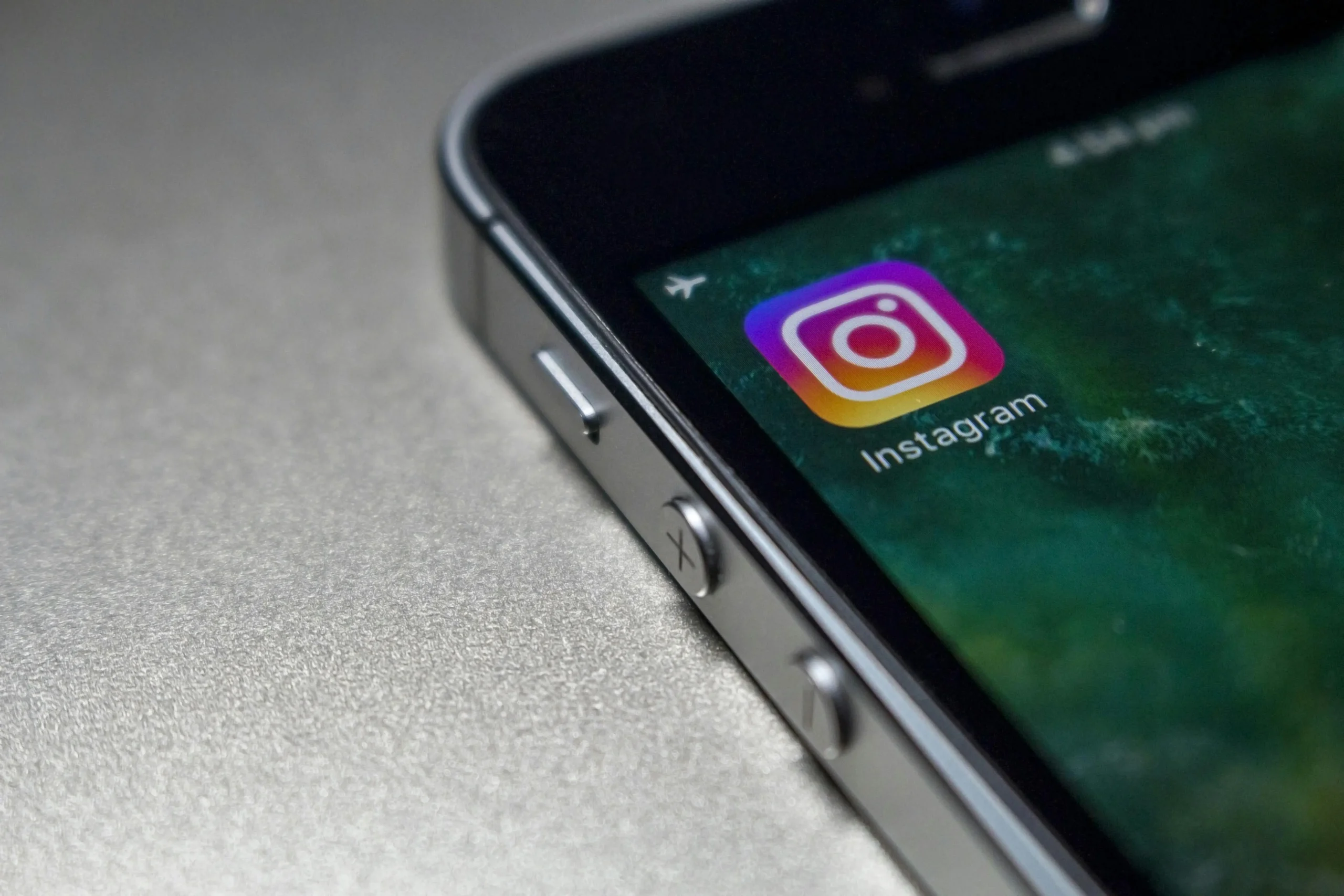Writing a rhetorical analysis essay can feel like stepping into a world where words are weapons, and arguments are battles to be won. Whether you’re in high school or college, finding the right rhetorical analysis essay topic can set the stage for a compelling and insightful piece. In 2024, with the ever-evolving landscape of media, literature, and public discourse, there’s no shortage of fascinating topics to choose from. So, let’s dive into some of the most popular and intriguing rhetorical analysis essay topics that can help you craft an essay that not only meets your academic requirements but also captivates your audience.
What is a Rhetorical Analysis Essay?
Rhetorical analysis is the process of examining how an author or speaker uses language to persuade or influence their audience. It goes beyond simply understanding the message; it involves analyzing the techniques and strategies used to convey that message effectively. This includes looking at the use of ethos, or credibility; pathos, or emotional appeal; and logos, or logical reasoning. By breaking down these elements, a rhetorical analysis seeks to understand the effectiveness of the communication and how it achieves its intended purpose.
The Importance of Choosing the Right Topic
Choosing the right topic is crucial. A well-chosen topic not only makes your writing process smoother but also engages your readers from the get-go. You want something that has enough depth for analysis, but not so obscure that you can’t find sources or examples. The following list of rhetorical analysis essay topics in 2024 offers a wide range of options, ensuring that you can find a topic that interests you and meets your assignment’s requirements.
100+ Most Popular Rhetorical Analysis Essay Topics in 2024
Literary Works: Classic and Contemporary
- The Use of Rhetoric in George Orwell’s “1984”
- Persuasive Techniques in Harper Lee’s “To Kill a Mockingbird”
- Rhetorical Strategies in Margaret Atwood’s “The Handmaid’s Tale”
- Analyzing the Use of Irony in Mark Twain’s “The Adventures of Huckleberry Finn”
- The Role of Pathos in Mary Shelley’s “Frankenstein”
- How Shakespeare’s “Julius Caesar” Employs Rhetoric to Influence the Audience
- The Use of Symbolism in F. Scott Fitzgerald’s “The Great Gatsby”
- Rhetorical Analysis of Chimamanda Ngozi Adichie’s “We Should All Be Feminists”
Literary works often provide a rich ground for rhetorical analysis because of the intricate ways in which authors weave their arguments. Whether it’s classic literature or contemporary works, analyzing these texts helps you understand how authors have historically used rhetoric to influence societal perspectives.
Political Speeches: Power of Persuasion
- The Rhetoric of Martin Luther King Jr.’s “I Have a Dream” Speech
- Barack Obama’s 2008 Victory Speech: A Rhetorical Analysis
- The Persuasive Techniques in Winston Churchill’s “We Shall Fight on the Beaches” Speech
- Analyzing the Use of Ethos in John F. Kennedy’s Inaugural Address
- The Role of Logos in Abraham Lincoln’s Gettysburg Address
- How Rhetoric Shaped Donald Trump’s Presidential Campaign Speeches
- Rhetorical Strategies in Greta Thunberg’s Climate Change Speeches
- The Impact of Pathos in Nelson Mandela’s “I Am Prepared to Die” Speech
Political speeches are gold mines for rhetorical analysis. These speeches are crafted to influence, motivate, and sometimes manipulate public opinion. Analyzing these can provide deep insights into how leaders shape narratives and rally support.
Advertising Campaigns: Selling Through Words
- Nike’s “Just Do It” Campaign: A Rhetorical Analysis
- The Use of Pathos in Coca-Cola’s “Share a Coke” Campaign
- Analyzing Ethos in Apple’s “Think Different” Ads
- The Rhetorical Strategies Behind Dove’s “Real Beauty” Campaign
- How Fear Appeals are Used in Anti-Smoking Ads
- Persuasion in Political Campaign Advertisements
- The Role of Humor in Old Spice’s “The Man Your Man Could Smell Like” Campaign
- The Use of Rhetoric in Social Awareness Campaigns like “Stop the Spread”
Advertising is all about persuasion. Companies spend millions to craft messages that resonate with their audience, and rhetorical analysis can peel back the layers to reveal how these campaigns influence consumer behavior.
Analyzing Modern Media: Films, TV Shows, and Music
Film and Television
- The Rhetoric of Heroism in Marvel’s “The Avengers”
- Analyzing the Use of Rhetoric in “Breaking Bad”
- How “The Handmaid’s Tale” TV Series Uses Rhetoric to Highlight Gender Inequality
- The Persuasive Techniques in Netflix’s “13th”
- Rhetorical Analysis of Jordan Peele’s “Get Out”
- The Use of Pathos in Pixar’s “Up”
- Analyzing Rhetorical Devices in HBO’s “Game of Thrones”
- The Role of Ethos in “Schindler’s List”
Music and Lyrics
- The Rhetoric of Protest in Bob Dylan’s “The Times They Are A-Changin’”
- Analyzing Pathos in Adele’s “Someone Like You”
- The Use of Logos in Kendrick Lamar’s “Alright”
- How Beyoncé’s “Formation” Employs Ethos to Empower
- The Persuasive Power of Lyrics in John Lennon’s “Imagine”
- Rhetorical Analysis of Taylor Swift’s “Blank Space”
- The Role of Repetition in Queen’s “We Will Rock You”
- The Use of Symbolism in Pink Floyd’s “Another Brick in the Wall”
Modern media, whether films, TV shows, or music, is a reflection of the society we live in. Analyzing the rhetoric in these mediums not only deepens your understanding of the content but also helps you appreciate the subtle ways in which messages are conveyed.
Rhetoric in Social Media: The Digital Influence
- The Rhetorical Power of Memes in Political Campaigns
- How Influencers Use Rhetoric to Build Their Brand on Instagram
- Analyzing the Rhetoric of Cancel Culture on Twitter
- The Persuasive Techniques in Viral TikTok Trends
- The Role of Pathos in Mental Health Advocacy on Social Media
- Rhetorical Strategies in Facebook’s Data Privacy Communications
- The Use of Ethos in LinkedIn Professional Branding
- How Rhetoric Shapes Public Perception in Online Debates
Social media has revolutionized the way we communicate, and with it, the way rhetoric is used. Whether it’s a viral tweet or a YouTube video, rhetorical analysis can uncover the persuasive tactics that define the digital age.

Public Discourse: Shaping Society
- The Rhetoric of Fear in Post-9/11 Political Speeches
- Analyzing Ethos in the Me Too Movement’s Public Statements
- The Role of Logos in the Gun Control Debate in America
- Rhetorical Strategies in the Pro-Life vs. Pro-Choice Argument
- The Persuasive Techniques in Environmental Activism Speeches
- How Rhetoric Shapes Public Perception in Immigration Reform Debates
- Analyzing the Use of Pathos in Campaigns Against Human Trafficking
- The Rhetoric of Anti-Vaccination Movements on Social Media
- Persuasive Strategies in the LGBTQ+ Rights Movement
- The Impact of Rhetoric in the Black Lives Matter Movement’s Messaging
Public discourse plays a significant role in shaping societal beliefs and actions. Analyzing the rhetoric used in these discussions reveals how language can mobilize, polarize, and inspire change. By examining these topics, students can gain insight into the power of words in public arenas and their role in societal transformations.
Business and Corporate Communications: The Language of Commerce
- Analyzing the Rhetoric in Amazon’s Corporate Social Responsibility Reports
- The Use of Ethos in Apple’s Product Launch Presentations
- Persuasive Techniques in Nike’s Social Justice Advertising
- How Rhetoric is Used in Tesla’s Earnings Calls
- The Role of Logos in Corporate Apologies after Scandals
- Rhetorical Strategies in Coca-Cola’s Global Advertising Campaigns
- Analyzing Pathos in Charity Appeals by Large Corporations
- The Rhetoric of Inclusivity in Fortune 500 Companies’ Diversity Statements
- The Impact of Rhetoric in Anti-Smoking Campaigns by Big Tobacco
- Persuasive Techniques in Pharmaceutical Industry Advertising
Corporate communications are carefully crafted to influence public perception, consumer behavior, and shareholder confidence. By analyzing the rhetoric in business contexts, students can understand how companies use language to build brand loyalty, manage crises, and navigate the competitive market.
Cultural Movements: The Power of Collective Voice
- Analyzing the Rhetoric in the Feminist Movement’s Key Texts
- The Use of Ethos in the Civil Rights Movement’s Leadership Speeches
- Rhetorical Strategies in the Gay Rights Movement’s Historic Campaigns
- The Role of Pathos in the Anti-Apartheid Movement
- Persuasive Techniques in the Native American Rights Movement
- Analyzing Logos in the Disability Rights Movement’s Advocacy
- The Rhetoric of Solidarity in the Labor Union Movement
- The Impact of Rhetoric in the Anti-War Movement during the Vietnam Era
- Persuasive Strategies in the Global Human Rights Movement
- The Role of Social Media Rhetoric in the Arab Spring
Cultural movements are often driven by powerful rhetoric that rallies support and fosters a sense of unity. Analyzing these movements offers valuable insights into how language can drive social change and empower marginalized communities to voice their demands.
Education and Academia: Rhetoric in Learning
- The Use of Rhetoric in Educational Policy Debates
- Analyzing Ethos in University Commencement Speeches
- Persuasive Techniques in the Debate Over Standardized Testing
- How Rhetoric Shapes Public Opinion on Charter Schools
- The Role of Pathos in Advocating for Higher Education Funding
- Rhetorical Strategies in the Fight for Free College Tuition
- Analyzing the Use of Logos in Academic Research Presentations
- The Rhetoric of Inclusivity in Diversity and Inclusion Statements
- Persuasive Techniques in Promoting STEM Education
- The Impact of Rhetoric in the Debate Over Student Loan Forgiveness
Education and academia are fertile grounds for rhetorical analysis, as debates over policy, funding, and access to education often hinge on the effective use of language. By examining these topics, students can explore how rhetoric is used to advocate for educational reforms and shape public discourse around learning.
Health and Medicine: Persuasion in Public Health
- The Rhetoric of Fear in Anti-Smoking Campaigns
- Analyzing Pathos in Public Health Campaigns Against Obesity
- The Role of Ethos in Vaccine Promotion Efforts
- Persuasive Strategies in Anti-Drug Campaigns
- How Rhetoric Shapes Public Perception of Mental Health Issues
- The Use of Logos in Debates Over Universal Healthcare
- Analyzing the Rhetoric of Pro-Choice vs. Pro-Life in Reproductive Health
- The Impact of Rhetoric in Anti-AIDS Campaigns in the 1980s
- Persuasive Techniques in Government Health Warnings on Tobacco Products
- The Rhetoric of Wellness in Alternative Medicine Promotions
Tips for Writing Your Rhetorical Analysis Essay Topics
Writing a rhetorical analysis essay doesn’t have to be daunting. Here are a few tips to keep in mind:
- Choose a Topic You’re Passionate About: If you’re interested in the topic, it’ll be easier to write and more engaging for your readers.
- Identify the Rhetorical Strategies Used: Look for examples of ethos, pathos, and logos, and analyze how effective they are.
- Support Your Analysis with Examples: Always back up your points with evidence from the text, speech, or media you’re analyzing.
- Keep Your Audience in Mind: Consider who will be reading your essay and tailor your analysis to their interests and knowledge level.
- Revise and Edit: Always leave time to go back and refine your essay. A polished essay will make a stronger impression.
Conclusion
Finding the right rhetorical analysis essay topic is the first step towards crafting a compelling essay. Whether you’re analyzing a classic novel, a modern film, or a political speech, the key is to dig deep and uncover the persuasive techniques at play. With the topics listed above, you’re well on your way to writing an essay that not only meets your academic requirements but also engages and enlightens your readers. Happy writing!




